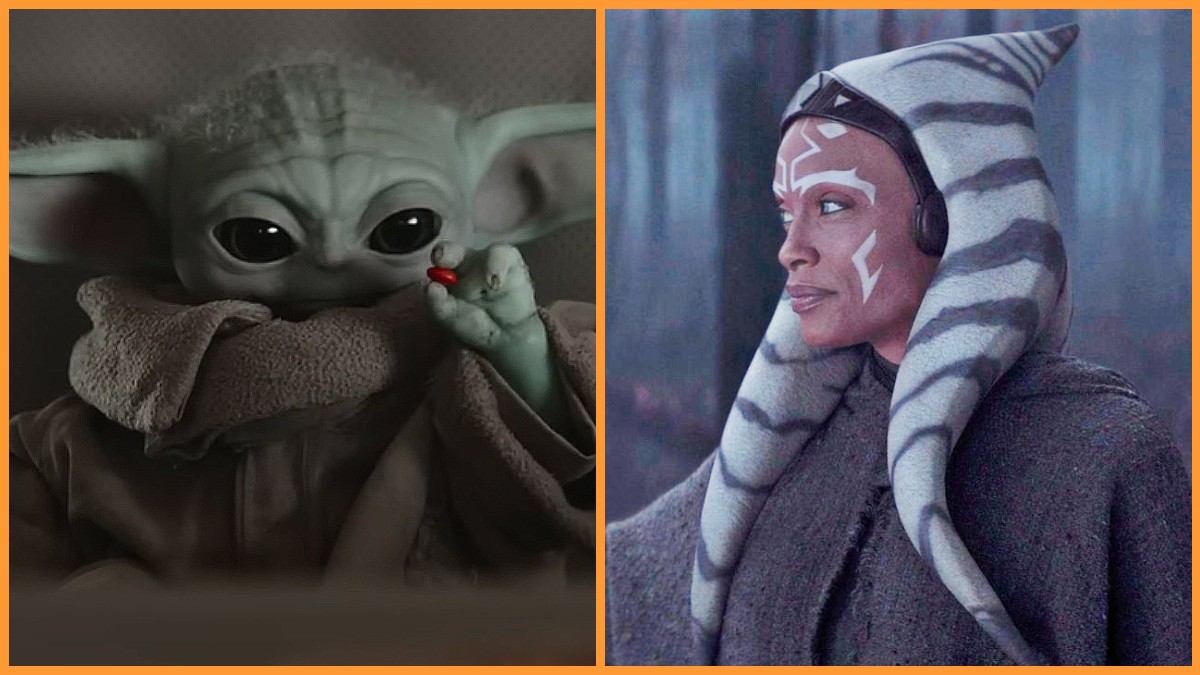Warning: The article contains spoilers for Ahsoka episode 3, “Fallen Jedi.”
In terms of sending us reeling with its unexpected ending, the latest episode of Ahsoka does its job well, landing a double “Whoa!” moment. But that is not the only mystery it puts on the galactic table. It has been quite some time since many of us brushed up on the history of Star Wars and so, the Disney Plus series straight-up canceling one of its rather staunchly-followed traditions without a backward glance thus becomes another pressing question.
In the episode, Ahsoka and her re-instated padawan, Sabine Wren are hot on the heels of Morgan Elsebeth in an attempt to get the map that would lead her to Grand Admiral Thrawn or worse, destroy it. But before they can reach their query, they are attacked by their enemies’ goons, forcing Ahsoka and Sabine to engage in a brief duel with them. During this, Sabine dons her Mandalorian helmet, wins the fight, and then casually pops it off.
Wait…what?
From what we have seen of Din Djarin’s and The Mandalorian’s storyline so far, the helmet is less of an armor to protect their head and more of a mandatory tradition they swear by. Mando’s title of being a Mandalorian has been snatched away for taking it off in the presence of another living being while Bo-Katan received the honor for keeping it since she dived into the Living Waters to save Mando. And yet, Sabine treats it like a simple piece of armor and nothing more while proudly calling herself a Mandalorian.
There is a reason why the Mandalorian Code of Honor doesn’t apply to Sabine

For starters, this is not a new question and Sabine is not the only Mandalorian playing it fast and loose with the supposedly “strict” rule. Throughout The Clone Wars and Rebels, countless Mandalorians casually removed their helmets at will. While there is no official answer, the obvious reason is apparent — the Way of Mandalore isn’t as necessary as Children of the Watch presents it to be.
While Din belongs to a sect of the religious Mandalorians who prove their devotion and loyalty by rigorously following the rule book of the creed, the other, more relaxed prefer to follow the creed without making its rule a life-or-death choice, and evidently, Sabine belongs to the latter category.

